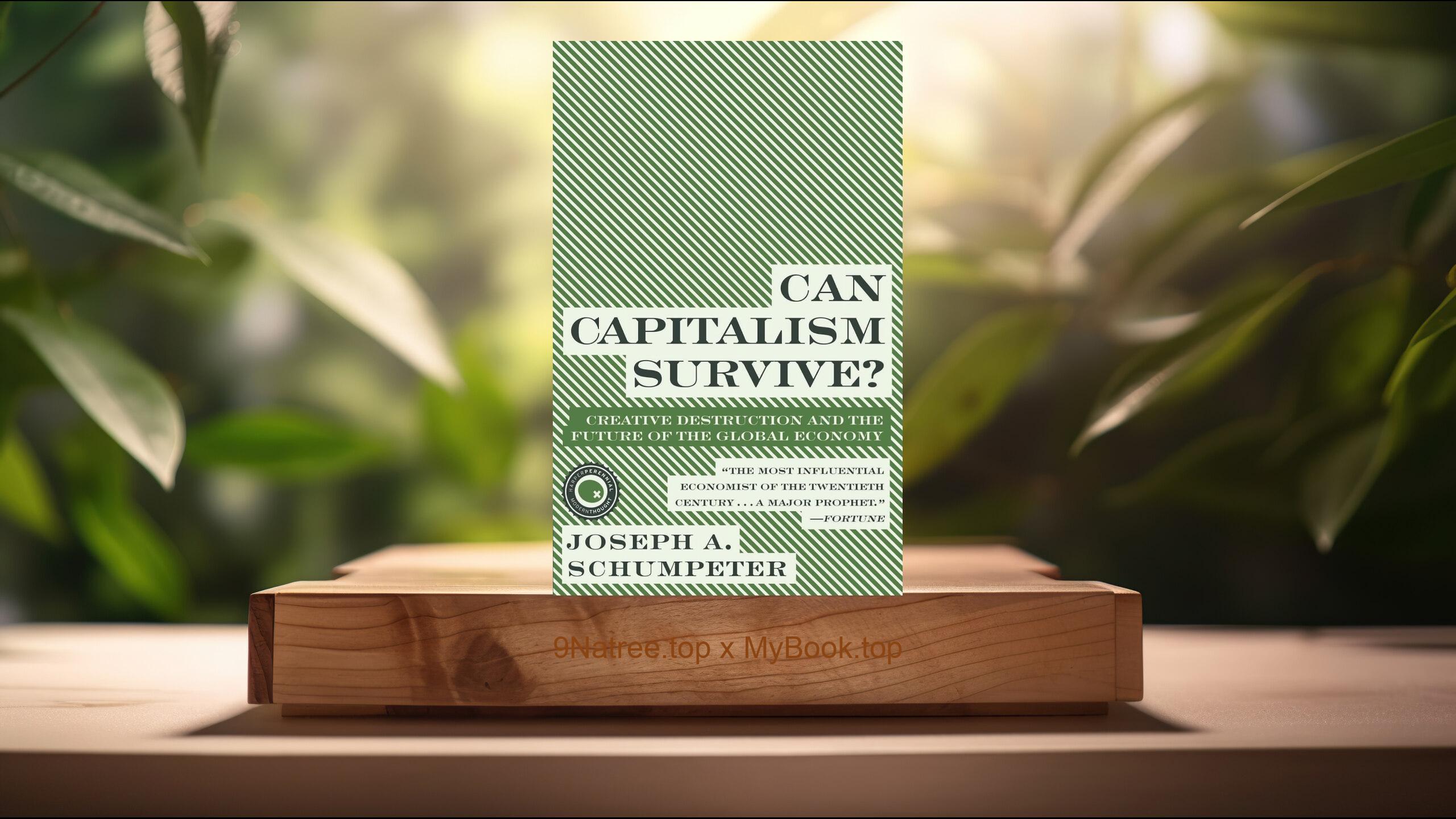Show Notes
- Amazon USA Store: https://www.amazon.com/dp/B082XJPDBB?tag=9natree-20
- Amazon Worldwide Store: https://global.buys.trade/The-Unicorn-Project-Gene-Kim.html
- Apple Books: https://books.apple.com/us/audiobook/the-unicorn-project-a-novel-about-developers/id1486612452?itsct=books_box_link&itscg=30200&ls=1&at=1001l3bAw&ct=9natree
- eBay: https://www.ebay.com/sch/i.html?_nkw=The+Unicorn+Project+Gene+Kim+&mkcid=1&mkrid=711-53200-19255-0&siteid=0&campid=5339060787&customid=9natree&toolid=10001&mkevt=1
- Read more: https://mybook.top/read/B082XJPDBB/
#DevOps #DigitalTransformation #SoftwareDevelopment #OrganizationalChange #TechnologyManagement #CorporateInnovation #AgileMethodologies #ContinuousImprovement #TheUnicornProject
These are takeaways from this book.
Firstly, The Five Ideals, The Unicorn Project introduces the concept of the Five Ideals, which are core principles that teams and organizations should adopt to thrive in the digital era. These ideals include Locality and Simplicity, Focus, Flow and Joy, Improvement of Daily Work, Psychological Safety, and Customer Focus. Each ideal addresses different aspects of work within technology and software development, emphasizing efficiency, innovation, and employee engagement. Locality and Simplicity advocate for reducing dependencies and complexities, which accelerates development. Focus, Flow, and Joy highlight the importance of removing obstacles and making work enjoyable, thereby enhancing productivity. Improvement of Daily Work insists on continuous learning and process refinement. Psychological Safety encourages an environment where team members feel safe to take risks and speak up, fostering innovation. Lastly, Customer Focus puts the end-user's needs at the forefront of product development, ensuring that the products developed genuinely solve customer problems and enhance their experience.
Secondly, Maxine's Journey and the Challenges of The Phoenix Project, Maxine, the protagonist of The Unicorn Project, faces significant challenges after being blamed for a failure in the company's payroll system. Her journey from being relegated to the Phoenix Project, considered a career dead-end, to becoming a catalyst for transformation within Parts Unlimited, embodies the struggle against organizational inertia and resistance to change. Her experiences highlight the importance of resilience, the power of a growth mindset, and the necessity for technical and cultural revolution in companies stuck in outdated practices. Through her story, readers learn the critical role developers play in driving innovation and the impact of leadership and teamwork in overcoming complex business and technical challenges. Maxine’s unwavering determination to improve the system, despite the obstacles, serves as inspiration for embracing change and the pursuit of excellence in the tech industry.
Thirdly, Digital Disruption and Innovation, Digital disruption is a central theme of The Unicorn Project, showcasing how emerging technologies and methodologies can dramatically transform industries and business models. The novel emphasizes the need for companies to innovate continuously to stay competitive in the digital age. It illustrates the journey of Parts Unlimited from a traditional company struggling to keep up with the market to a forward-thinking organization that embraces DevOps practices and open source technologies. The narrative brings to light how digital disruption challenges the status quo, necessitating a shift in mindset from merely maintaining existing systems to actively seeking out opportunities for improvement and innovation. It encourages readers to think about how they can leverage technology to create value and drive growth within their own organizations.
Fourthly, DevOps and Organizational Culture, A significant takeaway from The Unicorn Project is the critical role of DevOps and a positive organizational culture in achieving digital transformation. The novel illustrates how breaking down silos between development and operations, fostering collaboration, and encouraging continuous delivery can significantly improve efficiency and product quality. It delves into the practices that enable rapid, reliable, and sustainable innovation, stressing the importance of automation, continuous integration, and continuous deployment (CI/CD) pipelines. Moreover, it highlights how a culture that values learning, sharing, and improvement is indispensable for adapting to change and dealing with the complexities of modern software development. By following the journey of Parts Unlimited, readers gain insights into how adapting DevOps principles and cultivating a culture of openness and innovation can drive success in the digital age.
Lastly, Overcoming Organizational Barriers to Change, The Unicorn Project is a narrative about overcoming the resistance and barriers to change within an organization. It explores the dynamics of change management, the resistance from vested interests, and the fear of the unknown that often impedes innovation and transformation. Through the story of Maxine and her colleagues in the Rebellion, it demonstrates the strategies to navigate corporate politics, align diverse interests towards a common goal, and foster a culture that supports change. The novel underscores the importance of vision, communication, and leadership in overcoming skepticism and building a collective will to adopt new methodologies and technologies. It offers valuable lessons on driving change in environments that are risk-averse and anchored in legacy processes, making it a vital read for leaders and professionals seeking to lead digital transformation initiatives in their organizations.
![[Review] The Unicorn Project (Gene Kim) Summarized](https://episodes.castos.com/660078c6833215-59505987/images/2045697/c1a-085k3-1pkv5014s5gq-dwiuxy.jpg)




